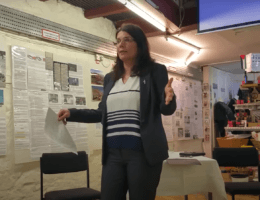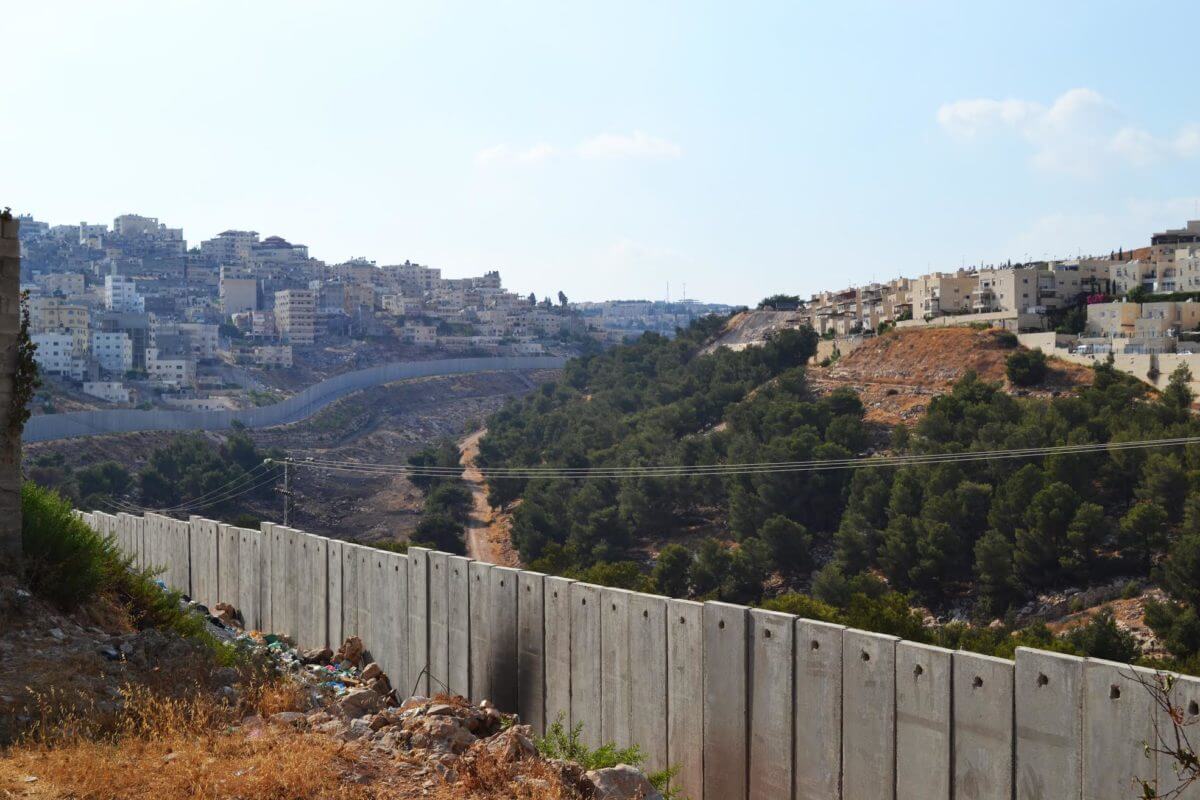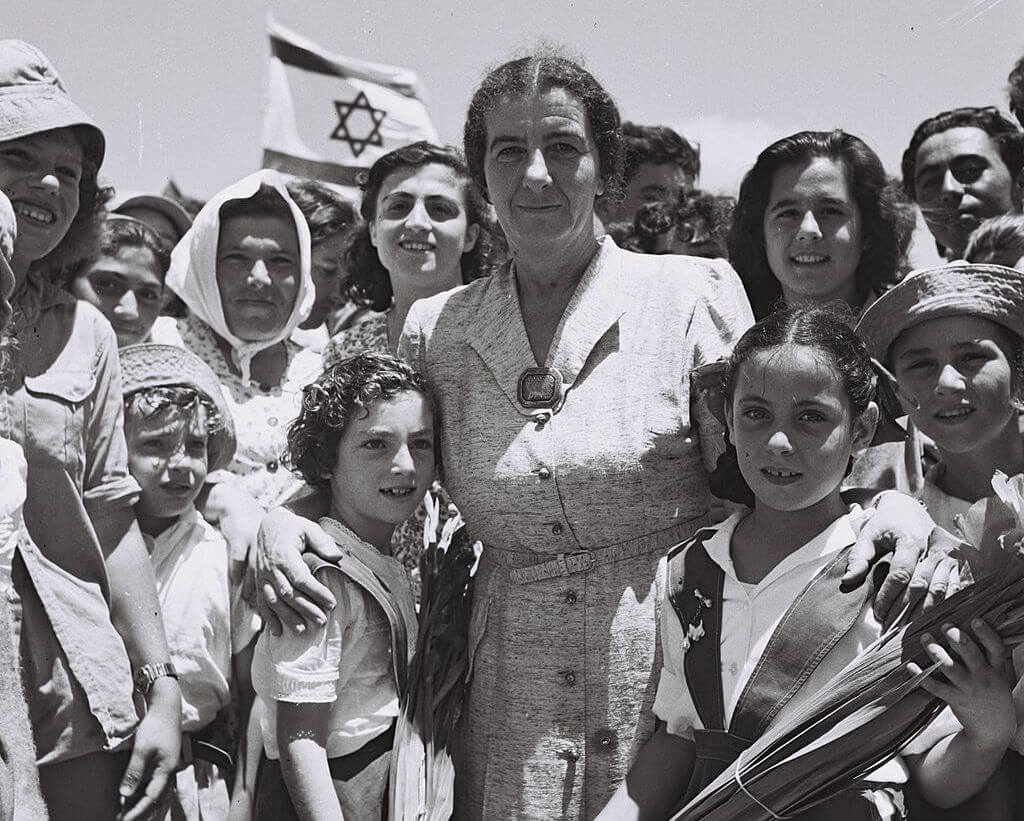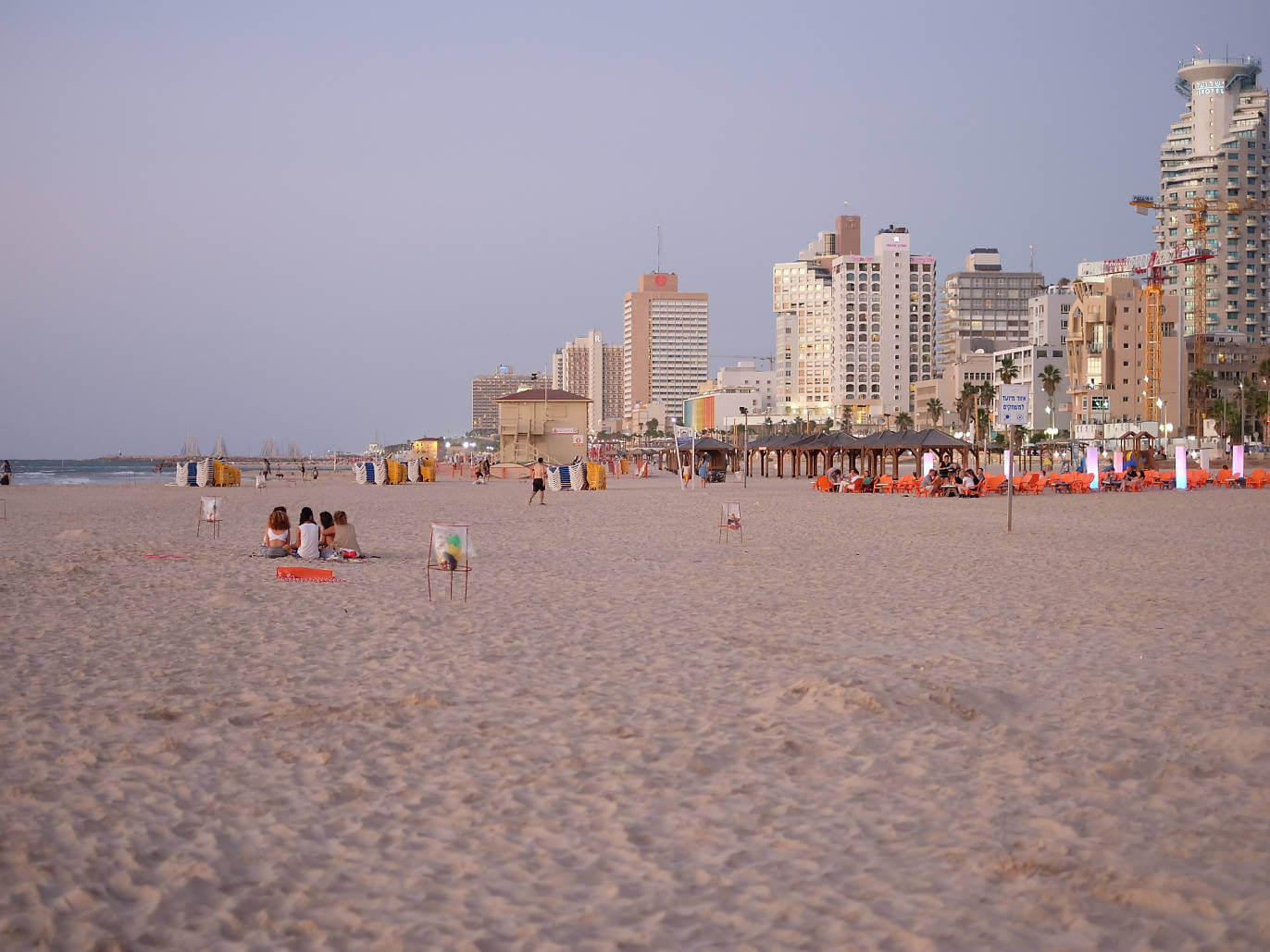Avigail Abarbanel left Israel in 1991 when she saw that its leaders had no vision for the future other than rule by the sword. For years she felt she was a traitor to her people, and then in her psychotherapy practice she began treating cult-leavers. “Cult-psychology tends to draw to itself people who are already fearful and who are looking for clarity about reality, existence and about their purpose. They have little tolerance for ambiguity. If a cult was given an option to create its own state, Israel is the example of it,” she writes.
Ghada Hania was raised in the UAE on bedtime stories of Palestine from her mother, but when she moved to Gaza at the age of 12, reality clashed with the idealized version of homeland in her head.
Mondoweiss is proud to announce our new series Gaza Diaries, which shares firsthand accounts from Palestinians who lived through the 11-day Israeli attack on Gaza in May 2021, and are now dealing with its aftermath. In this entry Zahra Shaikha amends her diary of life during the Israeli attack with her feelings since the fighting. The result reflects her fragmented reality.
Corey Levine welcomes Seth Rogen to the community of Jews who have challenged Israel. “I have traveled from the belief in the righteousness of the promised land to a belief in the righteousness of the Palestinian solidarity movement,” Levine writes. “It’s a one-way trip.”
Joel Doerfler says several years ago a student in his Israel-Palestine course approached him after class with a question. Why, he wanted to know, did he care so much about this subject? Doerfler says he never got back to him with a clear answer, but never stopped thinking about his question. Here is his answer.
Wasan Abu-Baker pens a reflection on growing up in Palestine as a “child of the stone” dedicated to Ahed Tamimi. She recalls when her father first came home to live with the family after years in prison. Wasan was already seven: “I still remember those days when we came home from school and then going out to the field to pick the olives, then coming back home to finish our homework. After the harvest was completed we would take the olives to our family factory where the olives were pressed to make olive oil. I remember standing next to my dad to have a taste of the freshest olive oil along with my pita bread. He used to say that once you drink olive oil it becomes part of your soul. I will never forget and miss always miss the smell of olives on those days.”
Pro-Israel groups are working to save the Hebrew program at Evanston Township High School, north of Chicago, where enrollment has slipped in recent years to only 34 students. “The message of these Hebrew programs are clear: If you’re going to learn Hebrew, you’re going to learn to love Israel. No room exists for students to master the language while disagreeing with Israel’s policies”–writes Liz Rose, former Hebrew teacher in a Chicago area public school, who lost her job when she attempted to show students the Palestinian side of the story.
Gideon Levy has described Zionism as “Israel’s fundamentalist religion.” But what happens to those Israelis who reject it? Jonathan Ofir describes his journey away from Zionism, and the societal exclusion that befalls those who drift away from the ethos.
Yossi Gurvitz recounts how he went from growing up in a national-religious family in Petah Tikva to rejecting Judaism. For him, it all started in yeshiva: “On October 28th, 1984, I had my first crisis of faith. That evening, David Ben Shimol – an IDF soldier – fired a stolen anti-tank rocket into a Palestinian bus as vengeance for an earlier Palestinian terror attack. Every evening we had a seder erev, which began punctually and without fail at 19:10. That evening, for the first and only time I was in Nechalim, it was postponed. So that people could have time enough to dance.”
Israeli-American Ronit Dinson makes the decision to leave Tel Aviv and return to the U.S., “Am I coward for saying “khalas” (Arabic for “enough”), I want out of here? Or, are there just too many avenues that have dead-ended here in Israel? I want the same thing that all Israeli Jews, Arabs, and asylum seekers want, to live in peace with my family and for my future children to have equal opportunities. I don’t see this happening here in Israel unless the apartheid structure finally ends and all people have equal rights, regardless of their nationality, race, or religion.”









